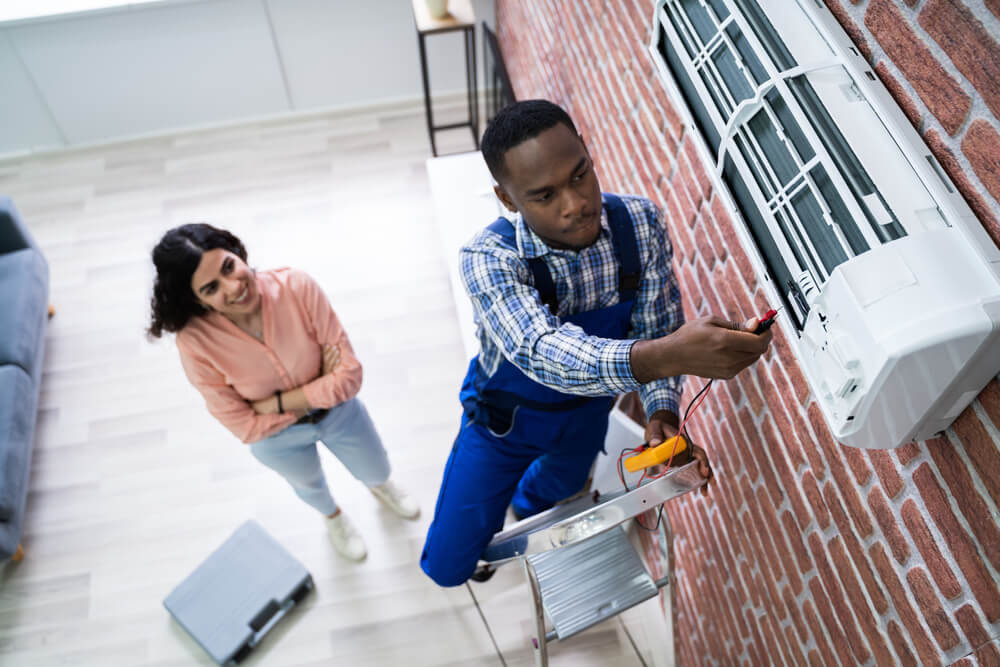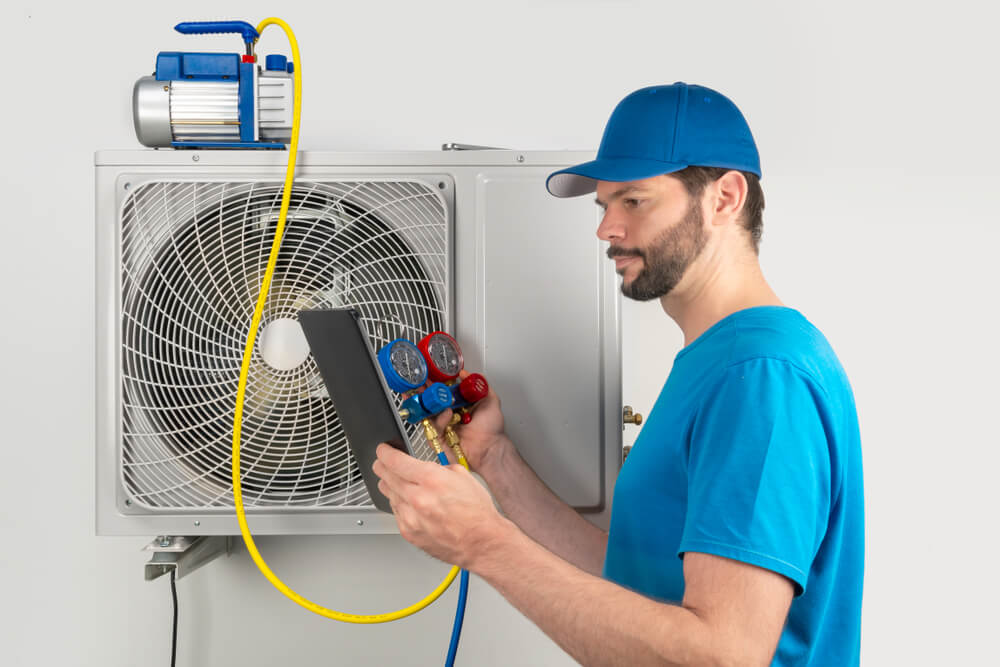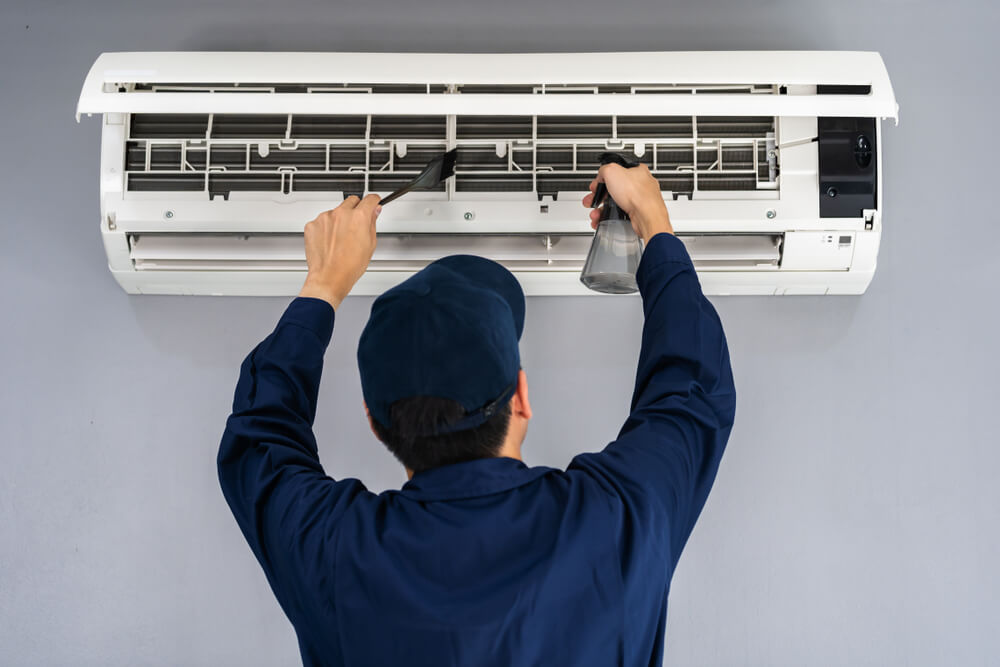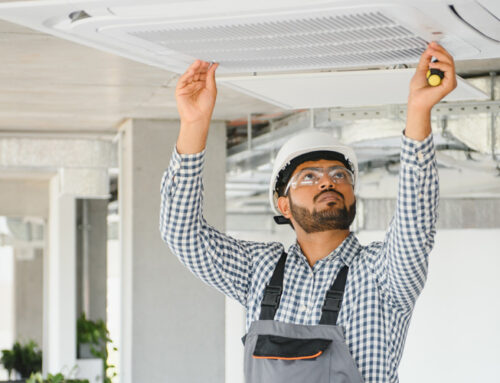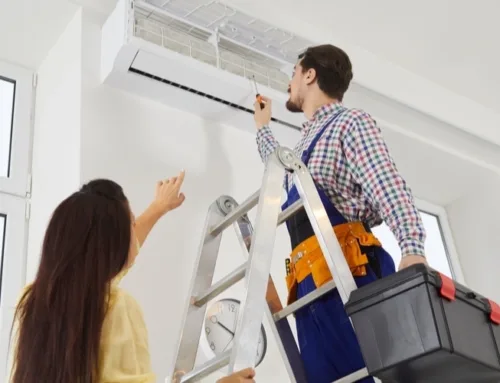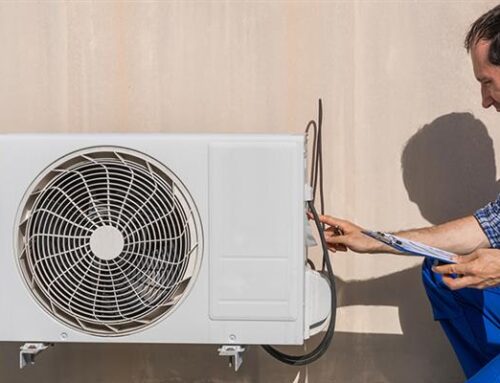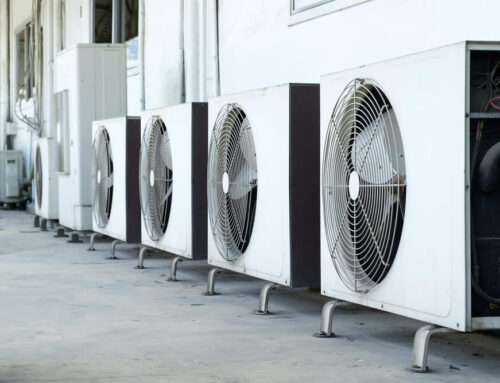Summers in Miami can get pretty hot and humid. The night temperatures can also be quite uncomfortable. Luckily, your AC unit is there to rescue you from the oppressive heat. But what happens when your AC unit stops working?
If you’re not keen on sleeping out on the porch to get relief, then you have to consider whether to get it repaired or replaced ASAP. Read on because we have outlined everything you need to know about your HVAC system to help you make the right decision.
Questions to Ask When Deciding Whether to Replace or Repair AC Unit
The truth is, there’s no one size fits all answer when it comes to whether to replace or repair an AC unit. However, asking the following questions will help you arrive at the right decision.
How Old Is Your AC Unit?
This is one of the most important questions to ask when considering repairing or replacing your AC. Typically, you can expect your AC unit to last between 15 and 20 years based on the Department of Energy estimates. The rule of thumb is to replace AC unit when it’s on its last legs.
Generally, once an AC unit is more than ten years old, it’s best to replace it. That’s because replacement parts are easily available, and most manufacturers will continue to provide them until new standards kick in. But if your AC unit still has some lifespan left, repairing is a viable option.
Even the most durable AC units are subject to mechanical wear and tear. The components of your HVAC system will naturally deteriorate and break down. For instance, faulty mechanical parts are the main reason behind the AC unit not working. Once the unit wears down, it’s time to upgrade to a more efficient and effective one.
Is Your AC Unit Energy-Efficient?
Poor energy efficiency is one of the reasons behind the AC unit not working properly. To consider replacing or repairing the AC unit, you must calculate the SEER rating. The Seasonal Energy Efficiency Ration compares your AC’s cooling output and the energy it consumes over a specific period.
You can determine your AC’s SEER rating by checking the unit’s user manual. In addition, it’s essential to check the SEER rating for modern units currently available on the market. If your AC unit is a little outdated, you’ll notice a significant difference in the ratings. What’s more, as your AC gets older, it becomes less efficient due to wear and tear.
That means your energy bills may keep increasing, even when electricity rates stay the same. In that case, it’s better to upgrade to a more energy-efficient unit. The upfront costs might be higher than repairing, but the long-term savings are worthwhile. According to the Department of Energy, replacing a 10-year-old AC unit with a new, more efficient model can save you 20% to 40% of your energy cooling costs.
On the other hand, if you’re not prepared to replace your AC unit, there are ways to boost its energy efficiency. For instance, you can install a programmable thermostat or dehumidifier. Programmable thermostats optimize your home’s energy efficiency by helping maintain a consistent and more precise temperature. Similarly, dehumidifiers keep your interior more comfortable and boost your AC’s cooling efficiency.
What’s the Cost of Replacing or Repairing?
The decision to replace or repair an AC unit is never an easy one because you’ll have to shell out money at the end of the day. But it helps if you can arrive at a more cost-effective solution. Making repairs seems like an easy choice in most instances because it’s more lenient on your budget.
This is especially so if you’re not planning to stay in your current home for long. However, if you’re staying put and you’re tired of your old AC unit not working properly, then it’s best to replace it. It’s more cost-effective to replace AC unit because all those repairs will eventually add up to the cost of a new one, but you’ll still have an old AC unit.
You can use the $5,000 rule to do the math. Simply multiply the cost of repairs with the age of the AC unit, and if it exceeds $5,000, then replacement it is.
Does the AC Unit Need R-22 Refrigerant?
When your AC unit is not working, the problem could be a refrigerant leak. To fix the issue, it’s critical that your HVAC professional top up the refrigerant levels in your unit. However, this is impossible if you have an older model that requires R-22 refrigerant.
Because this refrigerant is not environmentally friendly, the US government eliminated its use in cooling systems in 2020. Not only is R-22 no longer available on the market, but it’s also illegal to manufacture or use it in your cooling system. So, if your AC unit needs this type of refrigerant to start working, you have no option but to invest in a new one.
What’s Your HVAC Professional Saying?
Deciding between replacing or repairing your HVAC system is difficult. If you’re still on the fence about the issue, consider consulting with a professional.
A professional contractor can provide you with the perspective you need. They can also help you with regular maintenance, so your AC unit can operate more smoothly, even when it has to work harder because of the sweltering South Florida temperatures.
When to Repair AC Unit
Need to repair AC unit in Miami? It’s normal for AC units to require repairs from time to time. Usually, they are minor, and your HVAC professional can fix them quickly. You may consider making repairs instead of replacing your unit if it still has some service to give and if you don’t plan to live in your current home for long. In that case, it makes more sense to repair your AC unit. The biggest advantage of repairing over replacing AC unit is lower upfront costs.
When to Replace AC Unit
If you’re planning to replace AC unit in Miami, many signs will support your decision. For starters, if your AC unit is more than 10 years, it’s best to replace it. You should be happy that your AC unit lasted that long. The next move is investing in a newer, more efficient one that can give you an even better return on your investment.
Even though replacing an AC unit means you have to splurge more, you’ll recover a significant portion of the cost through a reduction in your energy bills. In addition, a newer AC unit doesn’t require frequent repairs. Therefore, you can save yourself the hassle of frequent repairs that will cost more in the long run.
Is Your AC Unit Not Working? Get Chill by Contacting the Best Air Conditioning Service
Whether you opt to repair or replace your AC unit, you’ll need a professional to look after your HVAC system. At Chills Air Conditioning, we specialize in meeting all your HVAC needs if you’re a resident of the greater Miami Dade, Broward.
To begin with, you can schedule a free consultation so we can figure out why your AC unit is not functioning properly. Get in touch by filling out our contact form, and we will get right back to you!

